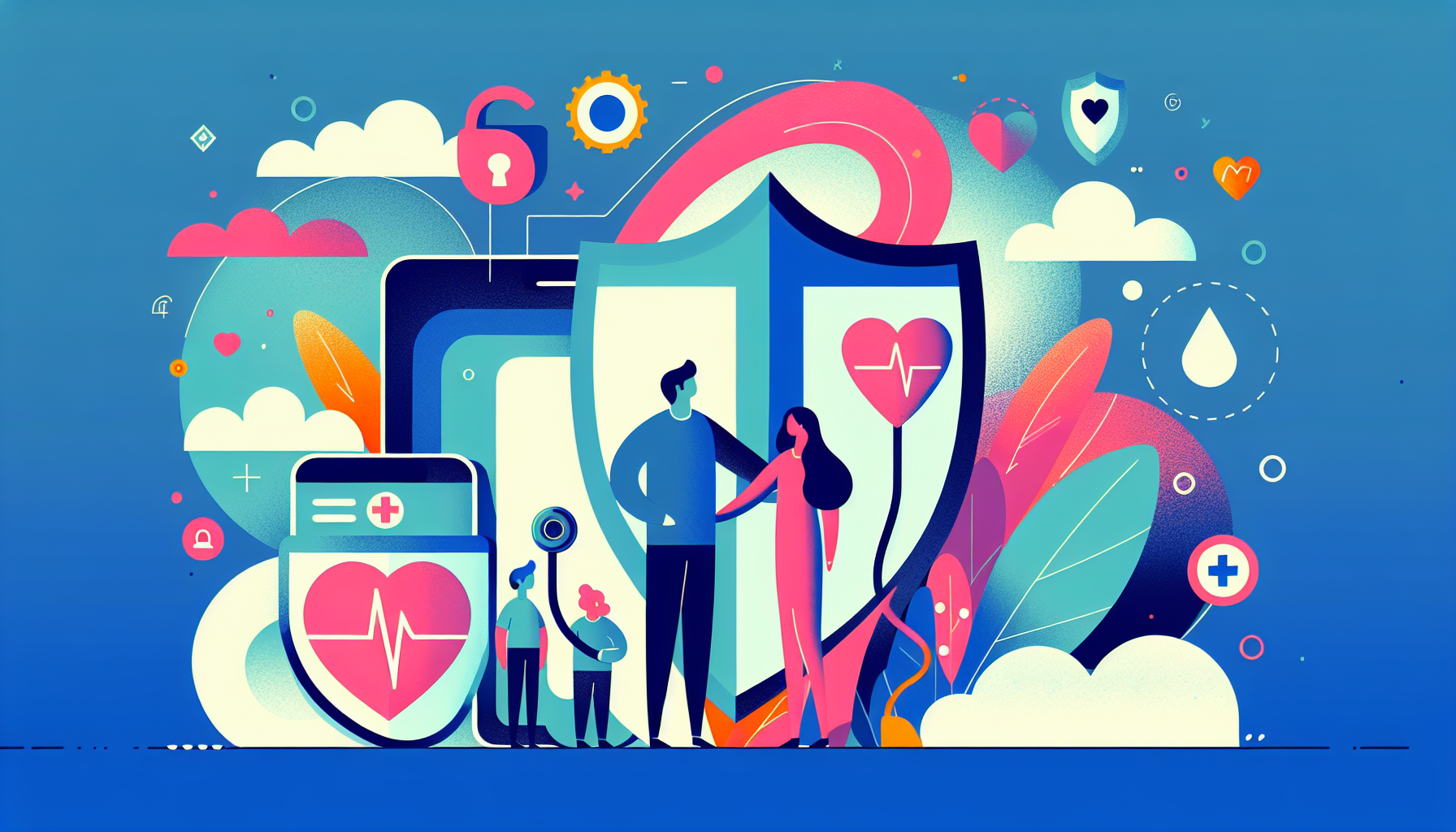Menopause Mood Swings
Menopause brings profound hormonal shifts extending far beyond hot flashes and irregular periods. As estrogen and progesterone levels decline, many women experience [...]
Read More
Medically reviewed by Alan Lucks | MD, Alan Lucks MDPC Private Practice - New York on March 5th, 2025.
A BMJ analysis of nearly 16,000 free health apps revealed 88% have the capability to share personal data with third parties like Google and Facebook, even when users aren't aware.
One-third of these apps provide no access to privacy policies, and 25% actively violate their own stated privacy terms during actual use.
At least 4% of tested apps actively transmitted personal information in real-time, though researchers believe this number significantly underestimates actual data collection rates.
Checking app permissions before installation reveals what data access you're granting—many request contacts, location, camera, and microphone beyond what's needed for health tracking.
Regular app audits every 3-6 months help identify unused health apps that may still be collecting background data, reducing your overall privacy exposure.
Mobile health apps have become increasingly popular, offering a convenient way to track your fitness, manage health problems, and receive nutrition advice right from your smartphone. However, a recent study published in The BMJ reveals that many of these apps may not be doing enough to protect your personal information.
With millions of apps available, researchers estimate that around 99,000 focus specifically on health and fitness. These apps can be incredibly useful tools for monitoring your well-being, but it's essential to be aware of how they handle your private data.

The study found that 88% of the nearly 16,000 free mobile health apps analyzed had the potential ability to share personal data with third parties, such as Google and Facebook. During brief tests, at least 4% of the apps collected and transmitted personal information, although researchers suspect this percentage could be much higher in real-world use.
One of the most concerning findings was that about a third of the apps didn't provide access to their privacy policies, making it difficult for users to understand how their data is being handled. Furthermore, a quarter of the apps violated their own stated policies.
To safeguard your privacy when using mobile health apps, consider taking the following steps:
Research the app before downloading it, looking for information on how it handles personal data
Check the app's description, "about this app" section, or "app permissions" for details on data privacy
Be cautious about sharing sensitive information, such as your full name, contact details, or precise location
Regularly review the apps you use and remove those that you no longer need or trust
By staying informed and proactive about your privacy, you can enjoy the benefits of mobile health apps while minimizing the risk of your personal data being mishandled.
To learn more about protecting your privacy when using mobile apps, visit:
Understanding Mobile Apps by the Federal Trade Commission
Your Health Information Privacy by HealthIT.gov
Privacy and Security in Mobile Health (mHealth) Apps by the Journal of Medical Internet Research
Most health apps can share your personal information with third parties, often without clear disclosure or your explicit knowledge. Protect yourself by thoroughly reviewing permissions and privacy policies before downloading, limiting sensitive data sharing, and regularly removing unused apps. If you need guidance on safe digital health practices or have privacy concerns, Doctronic can help you navigate these challenges securely.
Menopause brings profound hormonal shifts extending far beyond hot flashes and irregular periods. As estrogen and progesterone levels decline, many women experience [...]
Read MoreLower back pain affects millions of people daily, whether from sitting too long at a desk, lifting heavy objects, or dealing with chronic conditions. While what causes lower [...]
Read MoreThe liver stands as one of your body's most hardworking organs, performing over 500 vital functions from detoxification to protein production. Yet liver disease often [...]
Read More